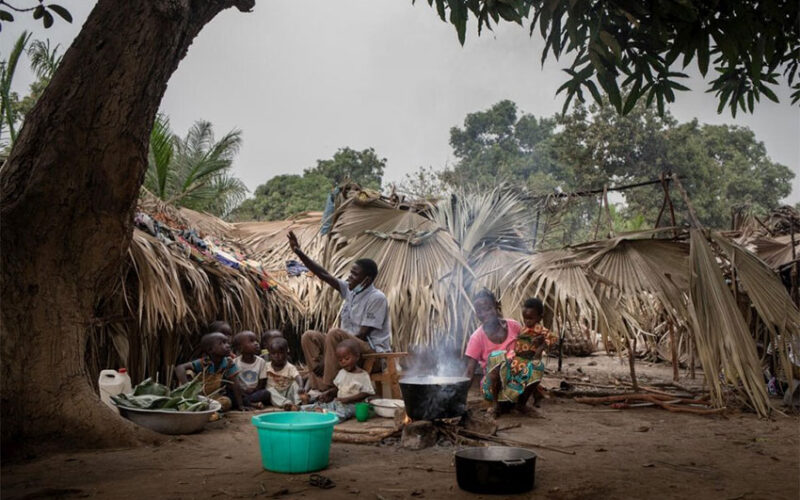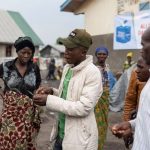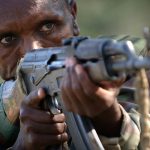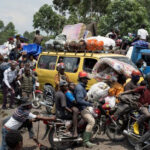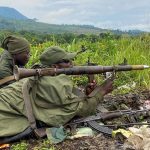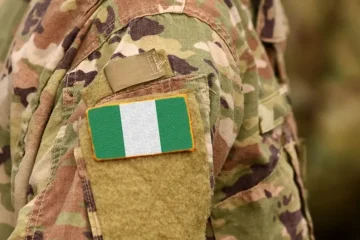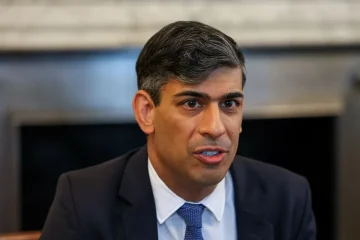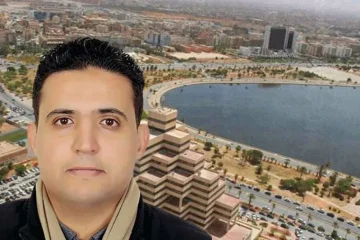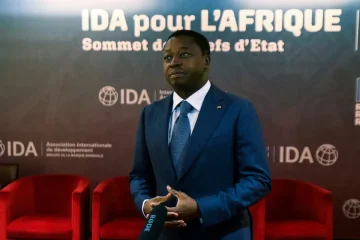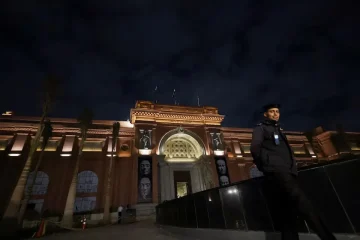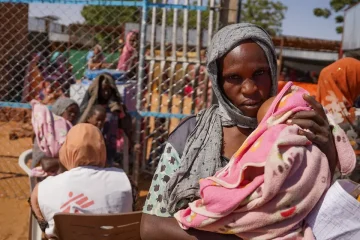ON January 13, Paul woke up to the sound of gunfire as rebels reached Bangui, the capital of the Central African Republic (CAR). He knew it would not be long before they got to his neighbourhood.
“It was happening again,” said Paul, 28, who realized he would be forced to flee CAR for the second time.
Paul has now joined thousands of other refugees in Zongo, a town across the river from Bangui in the Democratic Republic of Congo (DRC).
Insecurity and violence erupted in CAR after last December’s presidential and parliamentary elections, forcing close to 250,000 people to flee. Most refugees – around 90,000 – are in DRC, according to local authorities there. Others have fled to neighbouring Cameroon, Chad, and the Republic of the Congo, while more than 130,000 people remain displaced inside CAR.
The first time Paul and his family were forced to run was in 2014, a year after rebels ousted former President Francois Bozize, sparking reprisal attacks and years of brutal violence across the country.
Back then, Paul joined hundreds of thousands of others who fled their homes. He crossed the Ubangui river along the border of CAR and the DRC, watching in horror as overloaded boats capsized before people could reach safety.
“I saw how people died in the water,” he said.
Paul found safety in the DRC and spent six years living as a refugee in Mole, a camp in the country’s north. In February 2020, the family decided to return home with support from UNHCR, the UN Refugee Agency, as part of a voluntary repatriation programme. Paul crossed the same river – this time calmly and safely – to return to CAR.
“I could see people falling down dead.”
For almost a year, Paul and his wife Pascaline supported their four children by producing and selling traditional palm wine. When the violence reached the capital that January night, he was afraid.
“I could see people falling down dead. Some of them were my friends,” Paul said.
Fleeing meant going back to a life of fear and uncertainty. For a few nights the family slept under the stars with no shelter. Paul worried his children would fall ill. They were always hungry, but the sound of gunshots on the other side of the river stopped Paul from going back to the fields they left behind.
“These weapons always have an impact on the population,” he said, staring down at an empty cooking pot as thin rays of light pierced the dry palm leaves that form the roof of his simple shelter. “Look at the way we sleep with the children on the floor.”
UNHCR, the UN Refugee Agency, is working with the government and partners to relocate thousands of refugees to safer, better equipped sites further from the border. The first site, which can house up to 10,000 refugees in Modale village, near Yakoma in North Ubangi province, is already under construction. A similar site close to Zongo is being identified.
See also: UNHCR to relocate thousands of Central African refugees to safer locations
“When people come here, they have no shelter and are not far from the river. It is very cold,” said Tiaani Kawa, an information management officer with UNHCR in Zongo. “We are registering about 1,000 people a day, and then we give them blankets and other non-food items such as mosquito nets and mats to sleep on. The situation here is very precarious.”
UNHCR is also taking steps to prevent the spread of COVID-19; distributing soap and buckets to refugees all along the border, as health and basic hygiene remain a major concern. As of 8 March, UNHCR and the government of DRC had registered close to 50,000 refugees newly arrived from CAR since January.
Paul helps other refugees build shelters and search for wood to earn a little money to buy food.
“What I believe in my heart is that peace should return, because if there is no peace, there is no way we will go back to our village.”

